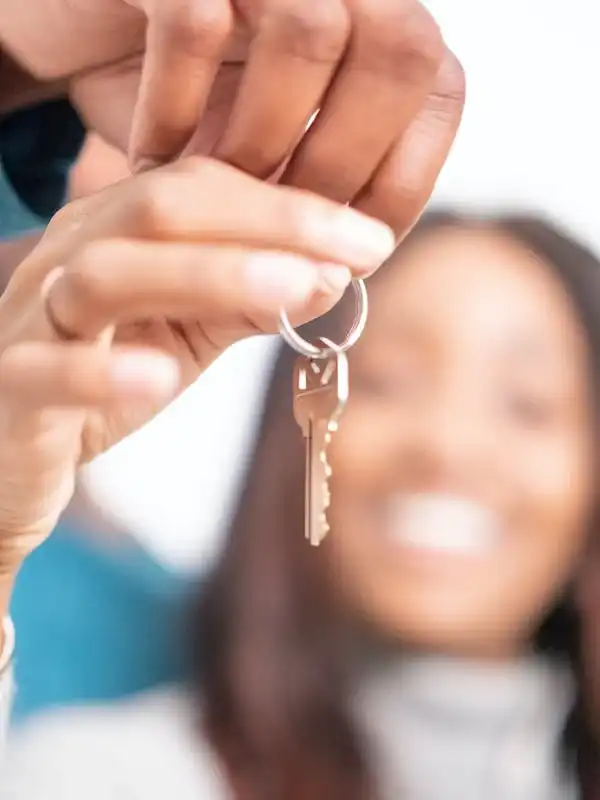Business
Here Are the Factors to Consider When Choosing a Rental Property

There’s no point owning a rental property if no one wants to rent it. Before you buy an investment property, you need to do your research to make sure any property you buy will be easy to rent out at a rate that will cover your mortgage payments and other expenses, including taxes, insurance, repairs, and maintenance.
But just how do you make sure you’re buying a good rental property? To some extent, you have to consider the same things as when you’re buying a house or apartment for your primary residence. Location, property taxes, cost to insure, and proximity to good schools are all important. However, you also have to consider the potential a property brings for unexpected expenses and whether the average rent you could expect to get is enough to cover your expenses.
Location
Location is always a top concern when it comes to buying real estate, and no less so when the real estate in question is to be a rental property. If no one wants to live in the area where your rental property is, then you’ll have a hard time finding and keeping tenants.
You should look at rental properties located in desirable neighborhoods and near amenities, like public transportation, restaurants, movie theaters, bars, and gyms. If you want to rent to young families, look for a property in a good school district. Look at properties located in safe, low-crime areas. Remember that the location of your rental property can also influence the types of tenants you get. If you buy a property near a university, for example, you’re going to get a lot of students and that might mean having more vacancies in the summer. Before you start shopping for properties, do your research on the best places to invest in real estate in southern California or wherever you want to own property.
Cost to Insure
Your tenants’ renters insurance will cover their belongings, but you need landlord insurance to protect the building itself. The cost will be higher if you live in an area prone to natural disasters.
Decide what level of coverage you want – do you want a lower deductible but a higher premium, or are you comfortable paying a smaller premium and a larger deductible should something happen? Research whether the area in which you’re interested in buying is prone to floods, hurricanes, earthquakes, mudslides, sinkholes, tornadoes, or other natural disasters before you decide to buy there. The cost of insurance can easily eat away your rental profits.
Property Taxes
Higher property taxes will eat up more of your profits, but often property taxes are higher in a given area because the area is more desirable for renters. Areas with lower property taxes are often more rural or more run-down. In some municipalities, you have to pay higher property taxes on an investment property than you would on a primary residence. Call the local tax assessor to determine if this is the case when adding up the impact of potential property taxes on your profits.
Average Rent
The average rent in an area determines how much you can expect to make from your rental property. Remember, you should follow the one percent rule: you should be able to get one percent of the purchase price in rent each month. So, if you paid $200,000 for a piece of property, you should be able to command $2,000 in rent. In some areas, rents might be higher than that. If average rents are lower than one percent, it may not be worth it to buy in the area.
Condition of the Property
If a property is going to need a lot of work before it can be rented out, it might not be worth it. All that time you spend renovating the property is time you can’t collect rent from it. Of course, if you can afford to wait a few months to collect rent and you think you can significantly improve the value of the property by improving it, it might be worth it.
Potential Unexpected Expenses
Before you buy a rental property, add up how much it would cost to perform large, unexpected repairs. For example, how much will it cost to replace the roof? What about the HVAC system, or the water heater? You never know when repairs like these will come up, and you’re going to need cash reserves to handle them in a timely fashion if they do.
You shouldn’t rush into buying a rental property. Consider the investment carefully, so you won’t regret buying the wrong property later.
Kenneth is a proud native of sydney, born and raised there. However, he pursued his education abroad and studied in Australia. Kenneth has worked as a journalist for almost a decade, making valuable contributions to prominent publications such as Yahoo News and The Verge. Currently, he serves as a journalist for The Hear Up, where he focuses on covering climate and science news. You can reach Kenneth at [email protected].










